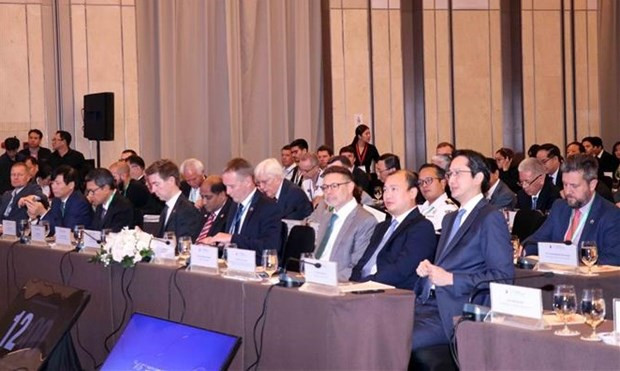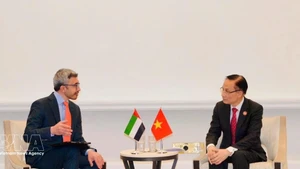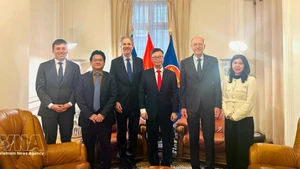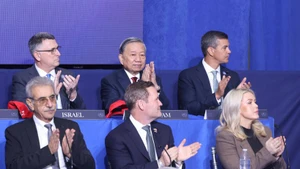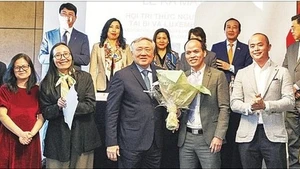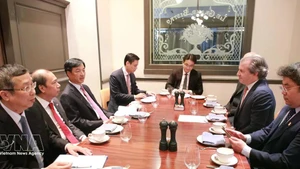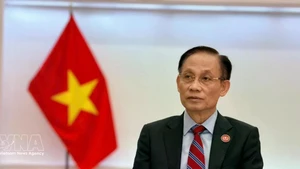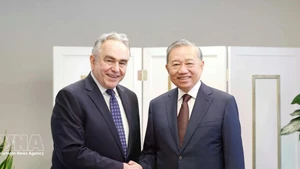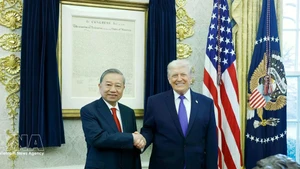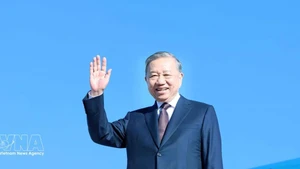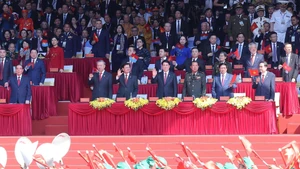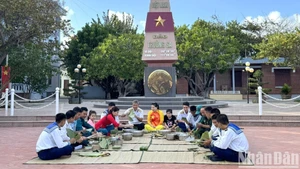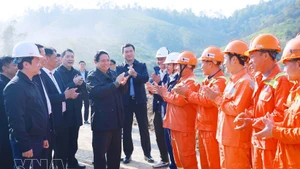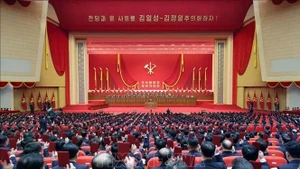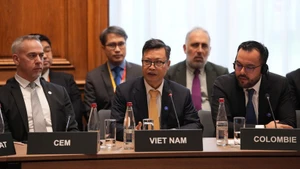The two-day conference, themed “Luminate the Grey, Light up the Green”, is held by the Diplomatic Academy of Vietnam, bringing together nearly 50 speakers who are reputable experts from nearly 20 countries.
Addressing the event, the UK’s Minister of State for the Indo-Pacific Anne - Marie Trevelyan stressed that her country is a “close partner with Vietnam on maritime security” and remains committed to strengthening the collaboration.
The UK seeks to preserve a free and open Indo-Pacific, she said, adding that it wants to deepen relationships with its partners, support sustainable development, and tackle the shared challenges.
“We respect and admire the central role ASEAN has played in maintaining regional stability and prosperity,” she continued.
The UK will increase its commitments to ASEAN and its member nations through specific projects such as Blue Planet Fund and Just Energy Transition Partnership, the official noted.
“In conclusion, the UK’s commitment in this region is steadfast. The peace and prosperity of the South China Sea (East Sea) must remain a priority for all,” she said.
Martin Thümmel, Commissioner for East Asia, South-East Asia and the Pacific at the German Federal Foreign Office, expressed his concern over the recent escalating tensions in the East Sea, noting ASEAN plays the main role in defending international law and the constructive approach in the region.
The maritime boundary delimitation between Indonesia, Malaysia, and Vietnam and the ongoing negotiations have promoted regional cooperation, he said.
Delegates shared the view that the East Sea has been considered an international issue, with more risks of conflicts and if a conflict occurs, it would easily escalate and expand.
Countries are more interested in promoting dispute management measures such as the building of a Code of Conduct of Parties in the East Sea (COC) which is making some positive progress, they said.
Participating experts also looked into a multilateral approach in the East Sea issue. From an ASEAN perspective, multilateralism plays an important role for small countries, contributing to minimising risks, especially when dealing with aggression by powers.
Most of them affirmed that ASEAN has played a central role and built and operated many mechanisms to guide regional countries and other multilateral groups.
ASEAN needs to carry forward its leading role in the issues that require joint actions and efforts, including maritime security, they said.
Some considered blue economy cooperation a way to ensure the balance between economic growth and the sustainable management of seas and oceans, during which countries are main actors and naval forces would play a role in ensuring the sustainable use of seas.
